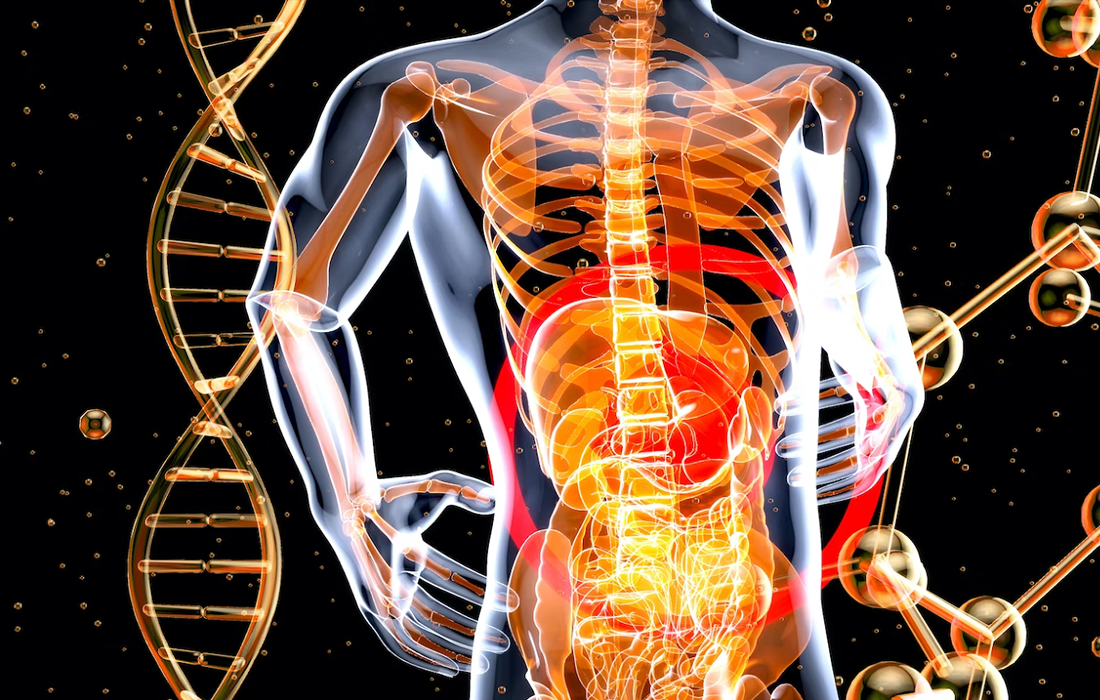Cambridge scientists have grown small blood vessel-like models in the lab and used them to show how damage to the scaffolding that supports these vessels can cause them to leak, leading to conditions such as vascular dementia and stroke. The study, published in Stem Cell Reports, also identifies a drug target to ‘plug’ these leaks […]
Author Archives: Karely Vega, MD
To age or not to age! How does aging affect organisms on a cellular level? What mechanisms help cells survive self-inflicted or external harm? It is known that lysosomes — critically important cellular structures — are crucial for digesting damaged cellular components and pathogens, and maintain stability within cells and tissues. But can they also […]
Hearing loss affects more than 60 percent of adults aged 70 and older in the United States and is known to be related to an increased risk of dementia. The reason for this association is not fully understood. To better understand the connection, a team of University of California San Diego and Kaiser Permanente Washington […]
A Duke Health analysis of breast cancer in North Carolina showed that the state’s urban counties had higher overall incidences of disease than rural counties, especially at early stages upon diagnosis. The findings, appearing in the journal Scientific Reports, serve as a national template for assessing the impact of poor environmental quality across different stages […]
Old people who follow a Mediterranean diet are at a lower risk of cognitive decline, according to a study published in the journal Molecular Nutrition and Food Research. The study provides new evidence for a better understanding of the biological mechanisms related to the impact of the diet on cognitive health in the ageing population. […]
University of B.C. researchers have uncovered startling connections between micronutrient deficiencies and the composition of gut microbiomes in early life that could help explain why resistance to antibiotics has been rising across the globe. The team investigated how deficiencies in crucial micronutrients such as vitamin A, B12, folate, iron, and zinc affected the community of […]
The study, supported by the British Heart Foundation (BHF) and published in the European Heart Journal, is the first to assess how different movement patterns throughout the 24-hour day are linked to heart health. It is the first evidence to emerge from the international Prospective Physical Activity, Sitting and Sleep (ProPASS) consortium. Cardiovascular disease, which […]
Nanoplastics interact with a particular protein that is naturally found in the brain, creating changes linked to Parkinson’s disease and some types of dementia. In a Duke-led study appearing Nov. 17 in Science Advances, the researchers report that the findings create a foundation for a new area of investigation, fueled by the timely impact of […]
Glaucoma is one of the leading causes of blindness worldwide, and vision loss, due to the loss of retinal ganglion cells (RGCs), cannot currently be reversed with any treatment. Some studies have looked at replacing RGCs through cell transplants, but this process is still in the research and development stage and fraught with limitations that […]
Dependence on pain medication is on the rise due to lack of vigilance by medical professionals, according to a new study from the University of Surrey. Patients dependent on pain medication describe feelings of ‘living in a haze’ and being ignored and misunderstood by the medical profession. Pharmacological treatment for chronic pain usually involves potentially […]










